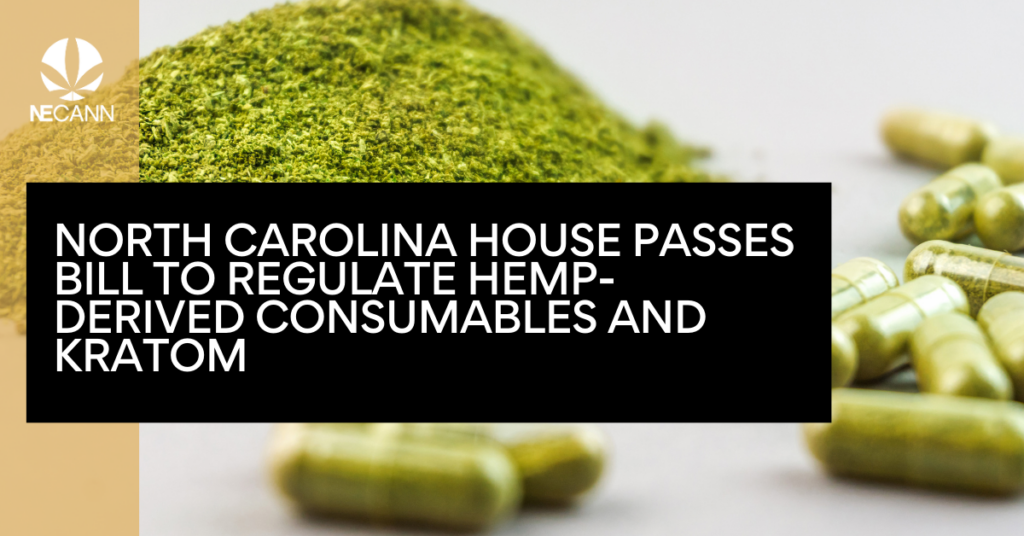The North Carolina House of Representatives has passed a bill aimed at regulating hemp-derived consumables and kratom products. The legislation, if enacted into law, would introduce licensing requirements for businesses selling these products, implement testing provisions, and impose strict restrictions on sales to minors.
The bill represents a significant step forward in establishing a framework for the responsible sale and consumption of hemp-derived consumables and kratom within the state. Among its key provisions is the requirement for businesses to obtain licenses to sell these products, ensuring that operators adhere to specific regulations and standards.
One of the primary objectives of the bill is to address concerns related to product quality and safety. To achieve this, the legislation includes provisions for testing these products to ensure they meet established safety and quality standards. This focus on testing aims to provide consumers with confidence in the products they purchase while promoting transparency within the industry.
A crucial aspect of the bill is the prohibition of sales to individuals under 18 years old. This restriction is in line with the goal of safeguarding young individuals from access to these products, which may not be suitable for minors. Additionally, the bill includes measures to address the issue of misrepresentation of age by individuals attempting to purchase these products.
Eric Stahl, owner of The Burnt Pot Cannabis Café and Modern Apothecia, highlighted the bill’s importance in creating a platform for small businesses within the hemp industry to continue operating. Stahl emphasized the need for fairness and proper testing to ensure that all industry players comply with regulations and maintain product quality.
While the legislation does not include criminal penalties for retailers violating product regulations, it outlines a system of fines for violations. These fines escalate for repeat offenders and aim to incentivize compliance with the law. For example, the bill specifies a $500 fine for first-time violations, increasing to $750 for a second violation within three years. Subsequent violations within the same timeframe could result in fines up to $2,000 and potential license suspensions or revocations.
Notably, if the final version of the law imposes a THC cap of 3 milligrams, it could impact a significant portion of products currently available in the market.
The bill’s focus on responsible regulation and consumer protection aligns with the broader efforts to ensure the safe and controlled distribution of hemp-derived consumables and kratom products. As the legislation progresses through the Senate Committee on Rules and Operations, North Carolina is taking steps to address these emerging industries and create a regulatory framework that balances industry growth with public safety.
Subscribe to NECANN for the latest cannabis news and updates!




